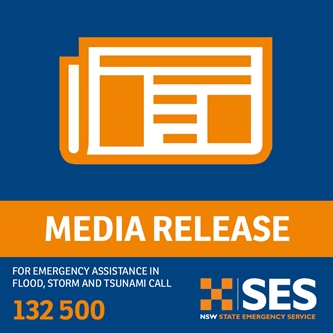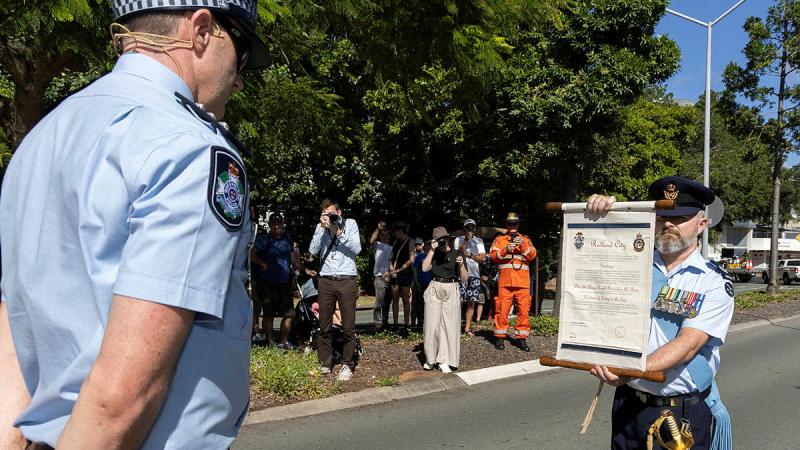Elective surgery wait times a good target – but be careful of perverse incentives
The ALP’s commitment to slashing public hospital elective waiting lists is welcome, but could risk entrenching perverse incentives and will not solve the main driver of public hospital waiting list pain.
The Labor Party has announced it will dedicate $250 million of its $2.8 Billion Better Hospitals Fund to ‘blitz’ elective surgery waiting lists.
Australian Private Hospitals Association (APHA) CEO Mr Michael Roff said the funding could put a dent in public elective waiting lists, but not if public hospitals continue to chase private health insurance cash ahead of treating public patients.
“We need to address the reason those patients are waiting in the first place. We know from Australian Institute of Health and Welfare (AIHW) data that public patients are languishing on public hospital elective waiting lists, while privately insured people jump ahead of them in the queue,” Mr Roff said.
AIHW data shows public patients are forced to wait twice as long as insured patients for treatment in public hospitals. The number of private patients seen annually in public hospitals has grown by half a million patients over the past decade – an average increase of 9.1 percent each year.
“While $250 million could impact those waiting lists, public hospitals are currently creaming about $1 billion annually from private health funds by harvesting privately insured patients in their emergency departments.
“Without some protections about how the funding is used, $250 million may not be enough incentive to stop those unethical practices. Without guaranteeing the Medicare principle of access to a public hospital bed solely on the basis of clinical need, the outcome could be more private patients in public hospitals.
“What makes this situation even more bizarre is that the resulting pressure on public hospitals will often mean that private hospitals are then contracted by the State Government to treat public patients – as we have seen recently in Queensland.”
Mr Roff said a better focus for the funding is investing it directly into private hospitals.
“Mr Shorten rightly points out that knee and hip replacements or cataract surgeries are not elective, they are essential. And private hospitals already perform the majority of these surgeries. The most efficient use of this funding would be to contract services to private hospitals.
“Unless the public hospitals are forced to change their behaviour, history shows us that’s exactly where the funding will end up anyway,” he said.








